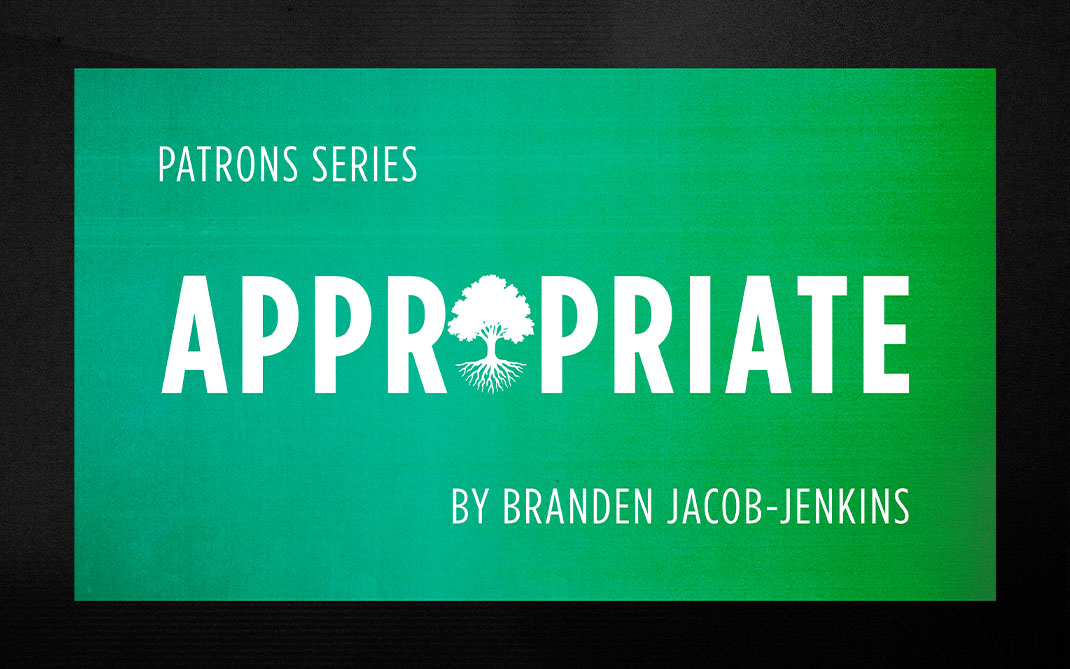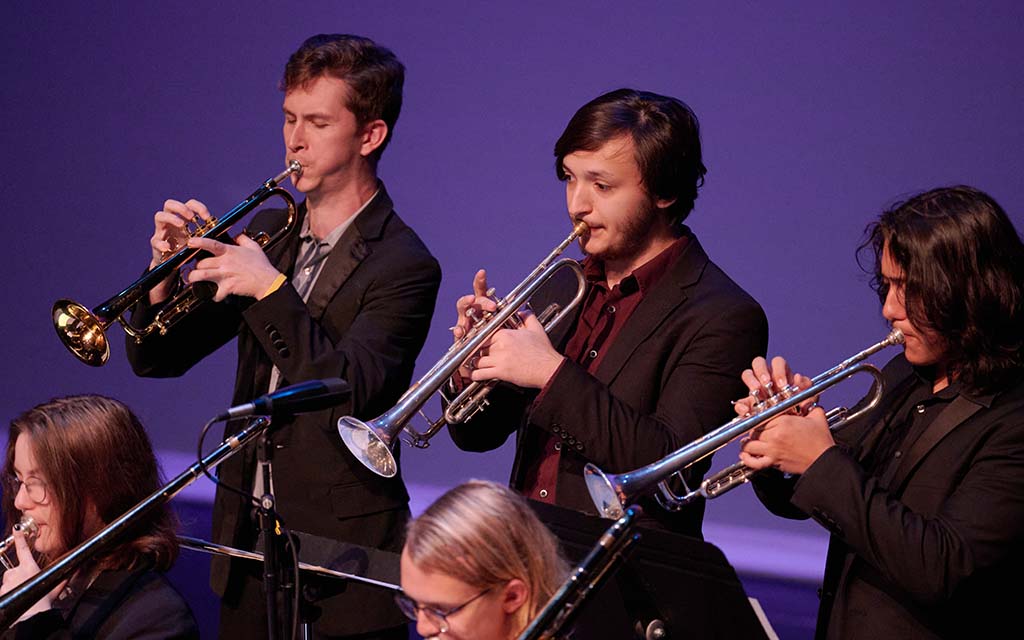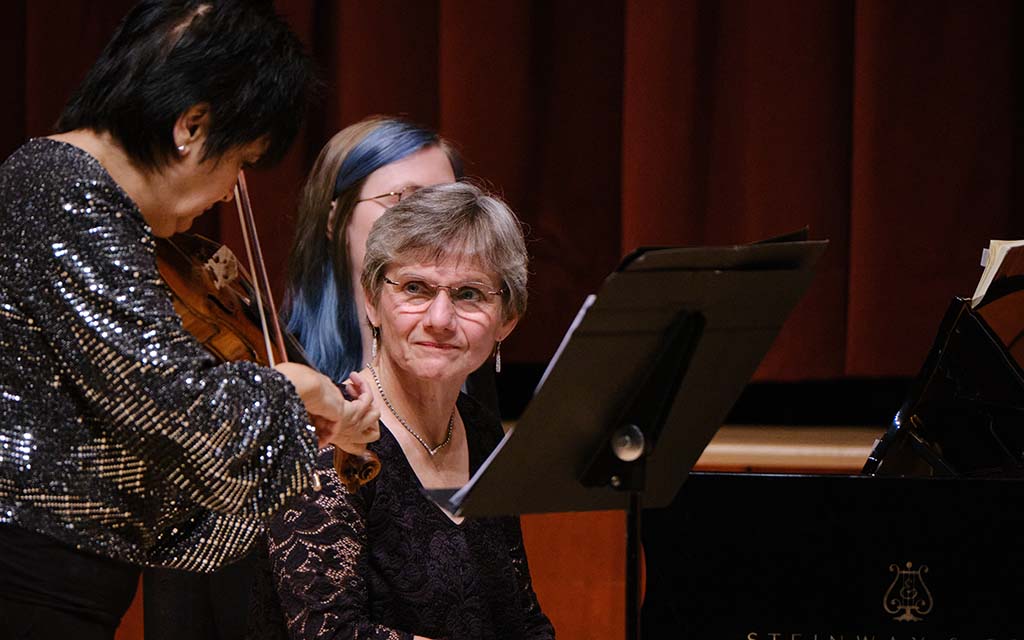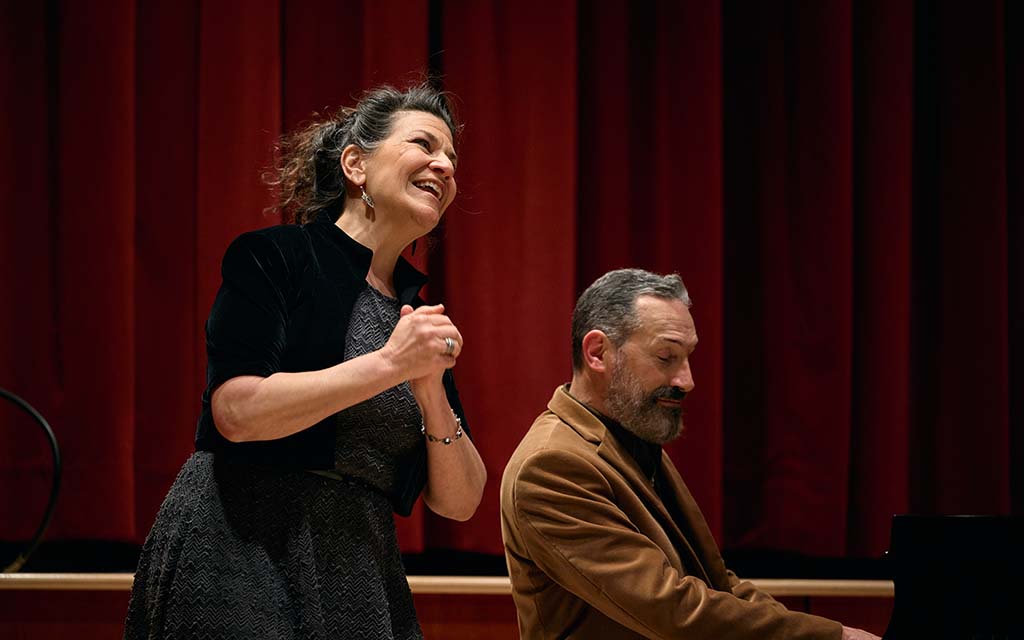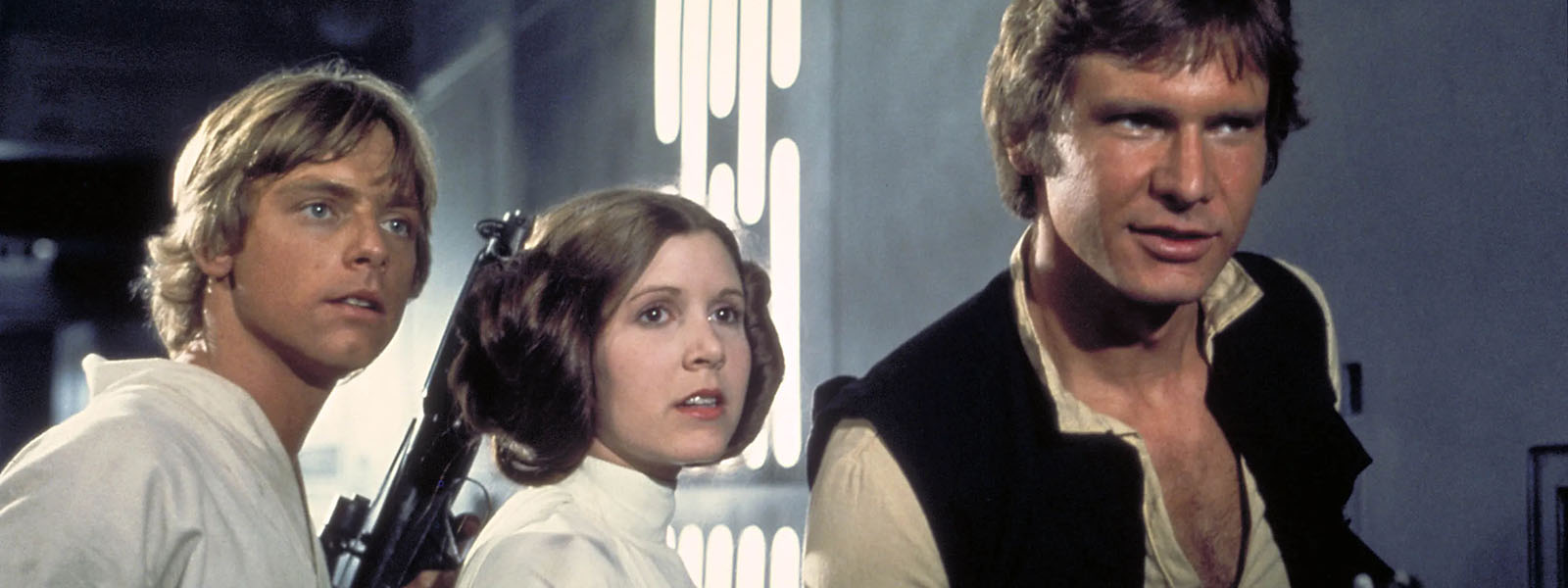The most influential film scores of 20th century according to an expert
Film music composition has historically been an integral part of the filmmaking and storytelling process. The right film score has the power to set the scene, speed up or slow down the pacing and evoke an emotional response from the audience. We reached out to School of Filmmaking Film Music Composition faculty and alumnus Chris Heckman to pull together a list of 16 films that he considers to have influential scores and whose impact can still be felt to this day.
What makes a film score influential? According to Heckman, it is using a style of music or sound that has never been used before in a film. “Many of the films in this list are notable because they were, if not the first to use a particular style, ones that popularized the style” says Heckman. Composers who experimented with their work are memorable because they tried new ways to tell stories with music, and gave audiences information about a character in experimental ways.
The below list of films recommended by Heckman is in chronological order:
1. “King Kong” (1933) - Max Steiner
Heckman refers to the score in “King Kong” as “arguably the most important film score of all time.” Created by Max Stenier, widely regarded as “the father of film music,” this score is notable for being the first dedicated score for a major film as well as for putting the leitmotif technique on the map for film scoring. Leitmotif — a technique used in several films on this list — is a succession of notes, harmonic progressions or rhythmic patterns associated with a particular character, setting or theme.
UNCSA connection: as film students and alumni know well, Max Steiner Way — which runs behind the ACE Theatre Complex — is named in honor of this iconic film composer.
2. “The Adventures of Robin Hood” (1938) - Erich Wolfgang Korngold
Heckman lists “The Adventures of Robin Hood” as another notable film whose influence can be felt for decades. This score was created by Erich Wolfgang Korngold who won the first Academy Award for Best Original Score for this film. Korngold is also known as one of the founders of film music. He not only scored several other films, but also was a notable composer for opera, symphonies and orchestras.
3. “Laura” (1944) - David Raksin
A film noir based on a novel of the same name, Heckman adds “Laura” to his list as a notable film that not only had a lasting impact on film music, but on the jazz genre overall. The main theme, “Laura,” which Raksin was only given a weekend to write, has been recorded by over 400 jazz artists such as Frank Sinatra, Nat King Cole and Charlie Parker since it premiered. Though Raksin is most remembered for “Laura,” he scored over 100 films and 300 television series throughout his career and earned a title of the “Grandfather of Film Music.”
4. “High Noon” (1952) - Dimitri Tiomkin
The first western on this list, the score for “High Noon” had the first song written for a film to become a major hit. Though this later became commonplace, the song “The Ballad High Noon” — also known as “Do Not Forsake Me, Oh My Darling” — was performed by singer and actor Tex Ritter and became a hit on the country western charts. Heckman includes this film in his list as it “introduced songwriting to film music.”
5. “Elevator to the Gallows” (1958) - Miles Davis
Heckman lists French crime thriller “Elevator to the Gallows,” also known as “Frantic” in the United States and “Lift to the Scaffold” in the United Kingdom, as notable because of the “groundbreaking” jazz score by Miles Davis — one of the most influential and innovative musicians of the twentieth century. Along with a group of renowned jazz musicians, the band improvised while watching the film in a recording studio, as opposed to creating a written score.
6. “Psycho” (1960) - Bernard Herrmann
A classic psychological horror film that is still beloved by fans today, Alfred Hitchcock’s “Pyscho” makes the list as the film that "defined suspense music" and established it as standard practice in horror and science fiction films. Heckman notes that Bernard Herrmann was able to "create non-stop panic and terror" by exclusively using strings music. Hitchcock said Hermann’s work was essential to the success of the film and that “33% of the effect of Psycho was due to the music.”
7. “A Fistful of Dollars” (1964) - Ennio Morricone
Another western film to make Heckman’s list is “A Fistful of Dollars,” starring Clint Eastwood in his first leading role. This film is part of the ‘Spaghetti Western’ subgenre, referring to western films that were created by Italians and featured music by composer Ennio Morricone. In “A Fistful of Dollars,” Morricone created an iconic score that weaves in melodies with simple sounds, such as whistling. This style went on to become immediately identifiable as music for western films.
8. “The Graduate” (1967)
Music for “The Graduate” was created by film music composer Dave Grusin and popular folk-rock duo Simon and Garfunkle, who created five songs for the film — including the iconic “Mrs. Robinson.” Heckman notes that this is "the first film to commission original songs from popular artists for use in a score as opposed to a traditional orchestral score done by a film composer." The soundtrack for the film went to number one on the music charts when it was released in 1968, and was regarded as distinctly new at the time. Grusin has scored around 100 films throughout his career, including “The Milagro Beanfield War” for which he won the 1989 Academy Award for Best Original Score.
9. “2001: A Space Odyssey” (1968) - Miscellaneous
One of the few films on this list to not feature original music, Stanley Kubrick’s “2001: A Space Odyssey” is included in Heckman’s list as a film that uses classical music taken from existing commercial recordings. Though this film is noted as important to film scoring history as it relies heavily on music to make an impact, it has a controversial story since Kubrick originally commissioned well-known film composer Alex North to create the score and then scrapped it without informing North.
10. “A Clockwork Orange” (1971) - Wendy Carlos
Another notable film by Kubrick, Heckman includes “A Clockwork Orange” not only for its electronic soundtrack inspired by classical music — which was way ahead of its time — but also for the fact that it is one of the first films scored by Wendy Carlos who went on to score “The Shining” and “Tron.” One of the most notable pieces from the soundtrack, “March from ‘A Clockwork Orange,’” is the first recorded song to use a vocoder for the singing. This later became a major influence for synthpop bands.
11. “The Exorcist” (1973) - Miscellaneous
A selection that changed horror film music forever, “The Exorcist” didn’t utilize a traditional score, but rather used experimental classical compositions. After considering an original score, director William Friedkin ended up using classical pieces — primarily from Polish composer Krzysztof Penderecki — that his team had inserted as placeholders, or what is referred to as a ‘temporary score.’ Friedkin also pulled in Jack Nitzsche to create transitional music specifically for the film.
12. “Star Wars: Episode IV - A New Hope” (1977) - John Williams
Often considered the best film score of all time, Heckman includes “Star Wars: Episode IV - A New Hope,” the first film in the popular franchise, as a work that leans on established techniques, such as leitmotif, and pulls from diverse styles to create a cohesive and memorable score. Heckman adds that the score was influential because it "represented the return to traditional romantic orchestral scoring after it became less fashionable in the 60s and 70s."
John Williams is considered one of the most iconic film music composers ever, having worked on “Jaws,” “Close Encounters of the Third Kind,” “Superman,” “Indiana Jones and the Raiders of the Lost Ark,” “E.T. the Extra Terrestrial,” “Jurassic Park,” “Harry Potter and the Chamber of Secrets” and many, many more.
Editor's note: Heckman also added several John Williams tracks to his emotional film score playlist.
13. “Midnight Express” (1978) - Giorgio Moroder
Though composer and songwriter Giorgio Moroder may have been seen as an unconventional choice at the time, Heckman notes that his work on “Midnight Express” — a prison drama film based on a novel of the same name — helped popularize electronic music for film. Moroder is known to history as the “Father of Disco,” and went on to contribute to scores for the films “Top Gun,” “The NeverEnding Story” and “Scarface.” He also wrote and/or collaborated on hit songs for artists such as David Bowie, Donna Summer, Daft Punk and Janet Jackson.
14. “Koyaanisqatsi” (1982) - Philip Glass
An experimental non-narrative film, Heckman lists “Koyaanisqatsi” as a good example of minimalist composition, a style that inspired future film scores. Philip Glass created the film soundtrack to cover the entire length of the film, a difficult task for any composer. Glass went on to score films such as “The Truman Show” and “The Hours.”
15. “Emma” (1996) - Rachel Portman
An adaptation of one of Jane Austen’s most popular novels, “Emma” is another film that utilizes classical music in a way that feels both fresh and in keeping with the time period in which the film is set. Heckman notes that composer Rachel Portman is known as a prolific film music composer, and became the first woman to win the Academy Award for Best Original Score for her work in this film.
16. “American Beauty” (1999) - Thomas Newman
Heckman rounds out his list with “American Beauty,” a dark comedy-drama film with an unconventional score created by Thomas Newman. Even though he pulled from many compositional approaches and individual takes on each scene, Newman was still able to create a sense of unity and cohesion. You can experience more of Newman’s scoring work in “The Shawshank Redemption” and “Finding Nemo,” along with the James Bond film “Skyfall.”
Listen to the full playlist:
Get the best news, performance and alumni stories from UNCSA.
SUBSCRIBE TO OUR NEWSLETTERS(OPENS IN NEW TAB)(OPENS IN NEW TAB)
June 08, 2022
